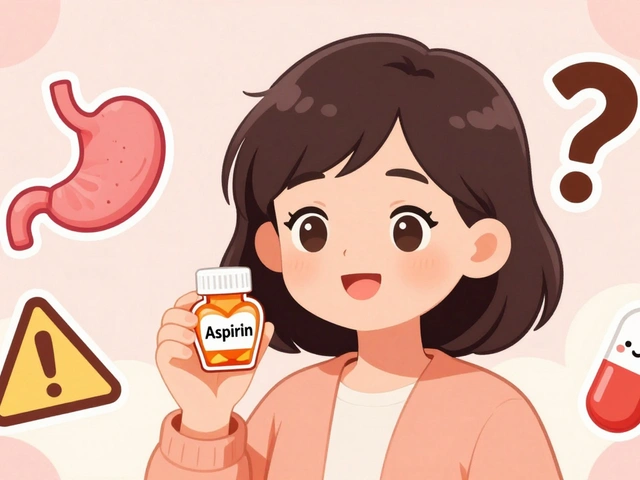Dietary Supplements: What They Are and Why They Matter
Ever wondered if that pill or powder you see on a shelf really does anything? A dietary supplement is any product you take to add nutrients, herbs, or other compounds to your normal diet. They can fill gaps, boost performance, or help with specific health goals. The key is knowing what works, what doesn’t, and how to stay safe.
Common Types and How They Work
Supplements come in many forms—capsules, tablets, powders, teas, even gummies. Some of the most popular categories include:
- Vitamins and minerals: Think vitamin D for bone health or magnesium for muscle calm.
- Herbal extracts: White pepper (piperine) is a good example; it can increase the absorption of other nutrients, like turmeric.
- Omega fats: Omega‑3 fish oil, or the less‑talked‑about gamma‑linolenic acid (GLA), help with inflammation and skin health.
- Performance boosters: Products like Ayurslim combine herbs to support weight loss, but they need solid safety data.
Each type works a bit differently. Vitamins act as co‑factors in metabolic reactions, herbs often contain active compounds that influence enzymes, and omega fats modify cell membranes and hormone pathways.
Choosing Safe and Effective Supplements
Here’s a quick checklist to keep you from buying something that’s useless or risky:
- Check the label: Look for the amount of active ingredient, not just a vague “herbal blend.”
- Know the source: Reputable brands test for contaminants and publish third‑party lab results.
- Watch for interactions: If you’re on prescription meds—like lisinopril or metoprolol—talk to a pharmacist before adding anything.
- Start low, go slow: Begin with the lowest suggested dose and see how your body reacts.
- Read real reviews: User experiences can reveal common side effects you won’t find in the official description.
For instance, piperine from white pepper can boost the bioavailability of curcumin, but taking too much may irritate the stomach. GLA supplements can help with eczema, yet high doses might affect blood clotting if you’re on blood thinners.
When you’re eyeing a weight‑loss supplement like Ayurslim, ask: Does it list each herb? Are there any clinical studies? Without solid evidence, the product could be more hype than help.
Bottom line: A good supplement fits your specific need, has transparent manufacturing, and doesn’t clash with other meds. If you’re unsure, a quick chat with a healthcare professional can save you headaches later.
Ready to explore? Browse our guide for detailed deep‑dives on popular supplements, safety checks, and how to stack them for maximum benefit. Your health journey starts with the right info—so pick wisely and stay safe.
July 2, 2025
Alyssa Penford
15 Comments
Discover how Goa Powder can naturally boost your energy, strengthen your immune system, and improve whole-body wellness with research-backed benefits and simple tips.
June 24, 2025
Alyssa Penford
10 Comments
Unlock the powerful benefits of lemon eucalyptus. Explore this dietary supplement’s impact on immunity, wellness, and daily vitality with practical facts and tips.






